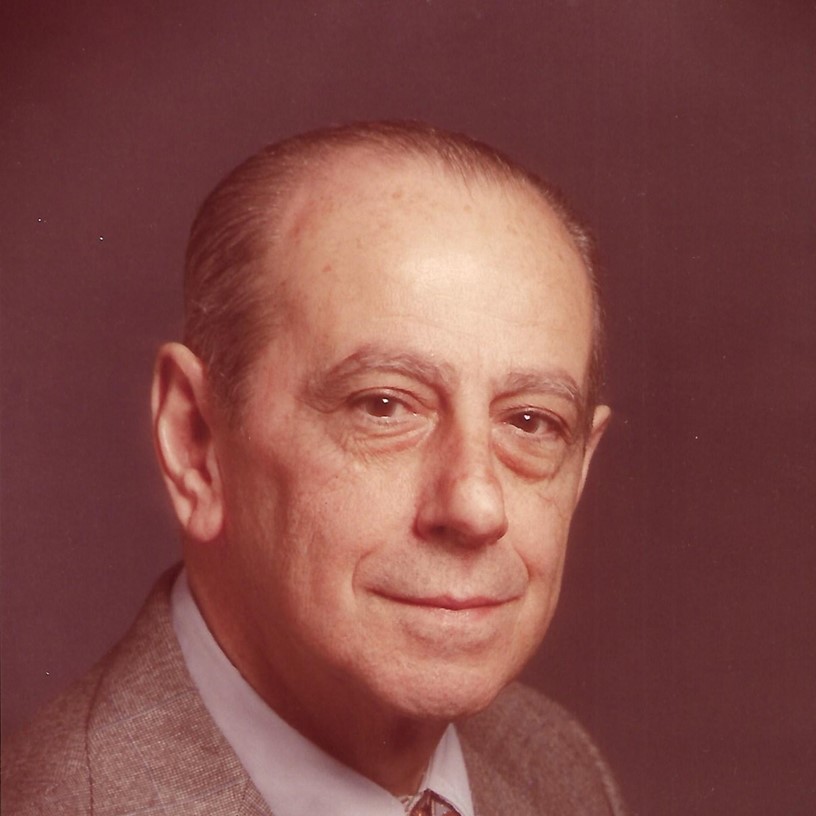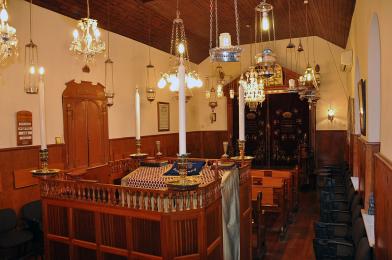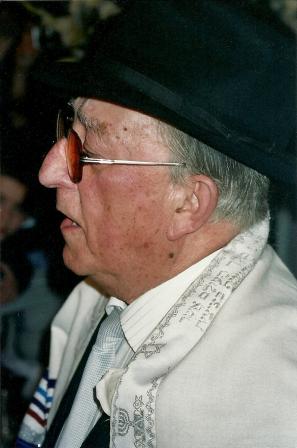The musical lore of James Levy's family has deep roots in Gibraltar. Toward the end of the 18th century, a man named Hayyim Levy lived in Gibraltar. In 1799 his son Samuel was born. Samuel’s eldest son, called also Hayyim (Jaime, in Spanish) as his father according to Sephardic tradition was born in 1828. Hayyim Levy the second was James Levy’s grandfather. He lived in Gibraltar until sometime towards the last quarter of the 19th century, his last recorded place of residence in 1871 was at 6 Gunners' Parade, next to the Royal Theater. His son Samuel, James’s father, was born in 1868.
By 1886, Hayyim, his wife and children had already settled in Argentina together with a sizeable group of Moroccan and Gibraltar Jews who took advantage of that country’s immigration policies. He became the first "Moroccan" cantor to lead High Holidays services at the synagogue of the newly created Congregación Israelita Latina of Buenos Aires in 1891 (The Jewish Presence in Latin America). He also composed liturgical music. Following his father's death, Samuel moved to Casablanca, Morocco, in 1911 with his wife Anita, and James was born there on the same year. Samuel kept in Morocco the Gibraltar liturgy and traditions of his forefathers which he transmitted to James.
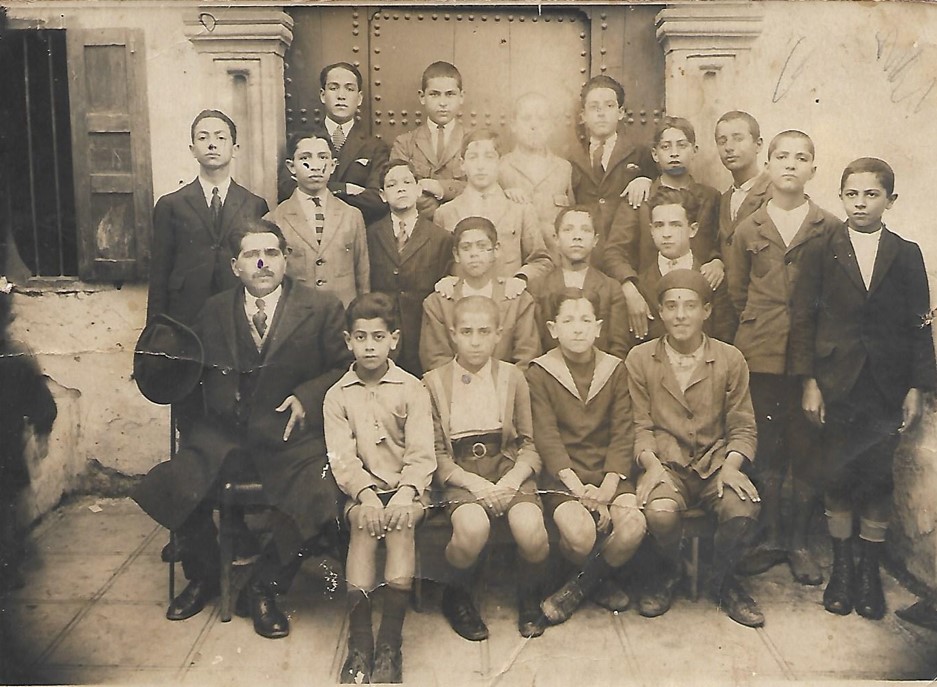
James Levy, at the school École de l'Alliance ,Casablanca, 1923 (second left front row)
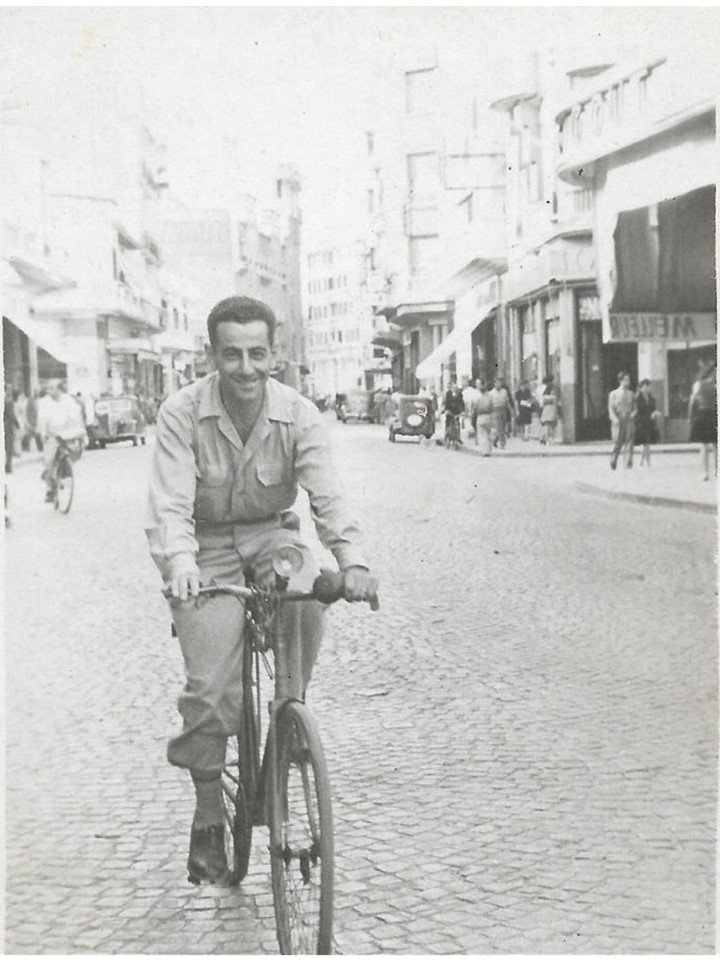
James Levy, Casablanca 1946
As a child, James was enthralled by the religious songs that his father sang so beautifully at the synagogue and at home. The deep attachment between James and his father led him to admire music, and to study violin. When James reached twenty years of age, his father died, leaving him with the responsibility of supporting his mother and his younger brother. Even though he was an excellent student, he had to drop out of school abandoning his dream of becoming an engineer and his love for aviation to work as a bookkeeper. He got married during World War II and the family moved to Canada in 1957.
During all these years, he never forgot his father's musical tradition. Many years later, around the age of sixty-five, James embarked on the wonderful project of reviving this music. In an extraordinary autoethnographic deed, he was able to recall from memory hundreds of liturgical songs that his father used to sing. James named his collection "Shira ve-simha" (Song and Joy). It consists of about three hundred and fifty liturgical songs and prayers, many with several musical variations. It is accompanied by a notebook with comments on the repertoire. The collection is extremely varied and shows connections between secular music and sacred music, as well as Spanish, British, Spanish-Portuguese, Moroccan and even Argentinian influences. James dedicated this work to the memory of his parents, Samuel and Anita. He accomplished this as a fulfillment of the Fifth Commandment to honor his mother and his father and preserve their traditions for future generations so they would not be forgotten. (See here the dedication)
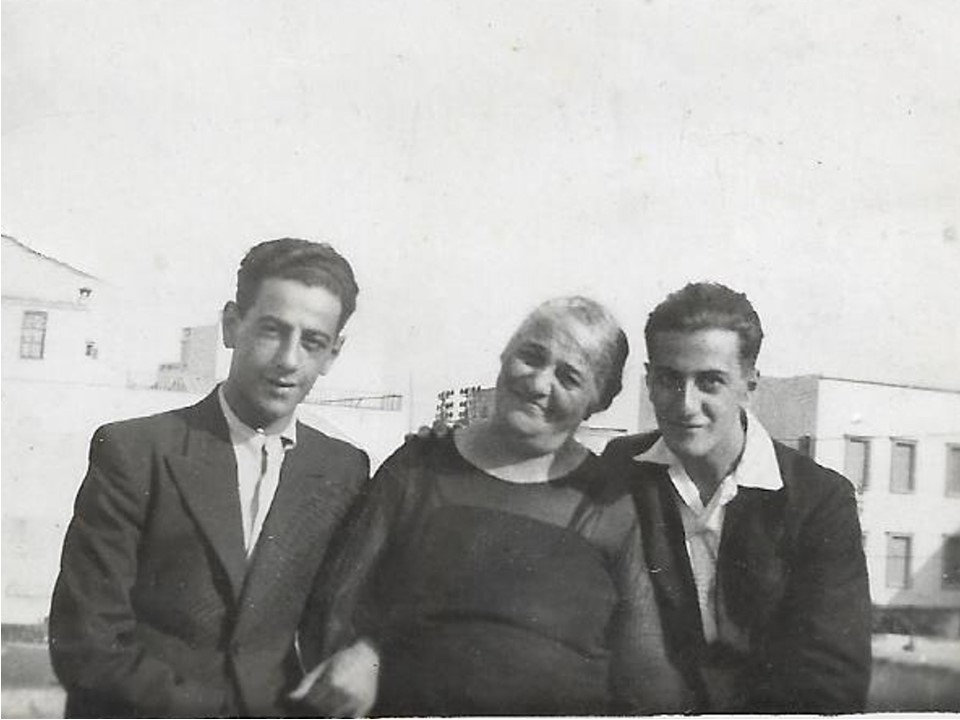
James Levy (left) with his mother Anita and his brother Daniel, 1931
See also in our website the project on the liturgical music of the Gibraltar synagogues.



